How Much The Presidency Ages You
May 1, 2015 in Snips
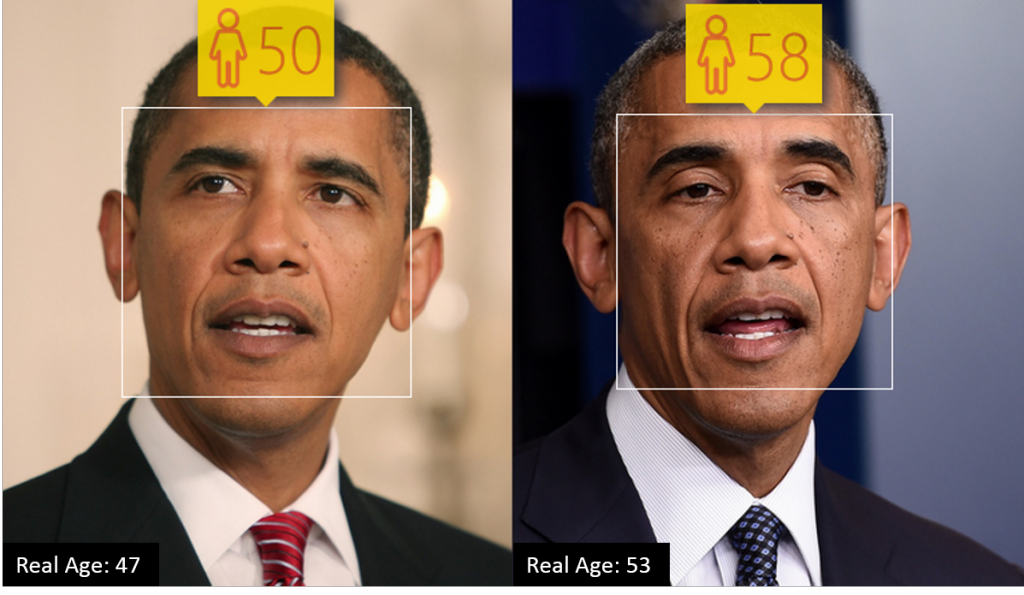
Microsoft released a tool that estimates age based on a photo.
The job of being President is stressful as the Huffington Post noted in this article. We decided to build on this work, and to use Microsoft’s tool, to quantify just how stressful it is, by looking at how much holding the Presidency has aged a person. Our dataset went back to the time of LBJ.
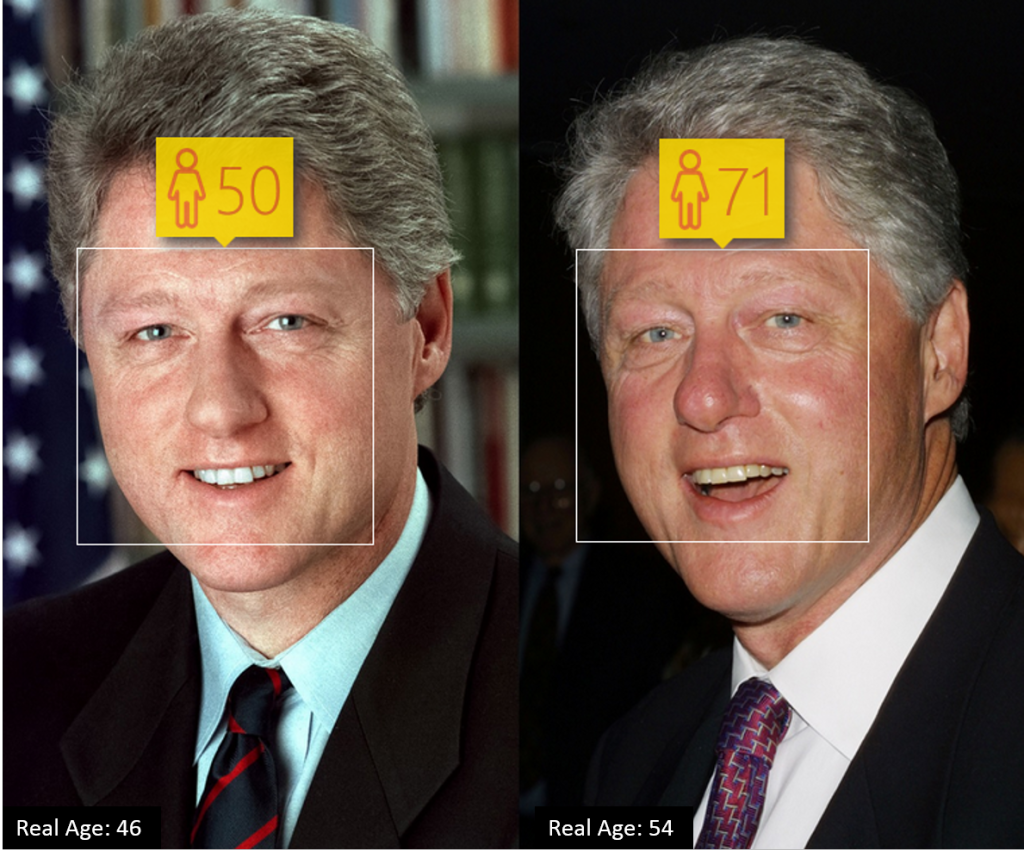
Presidents seem to age at twice the rate of a normal person. For every year that a President spends in office, on average, they age two years.
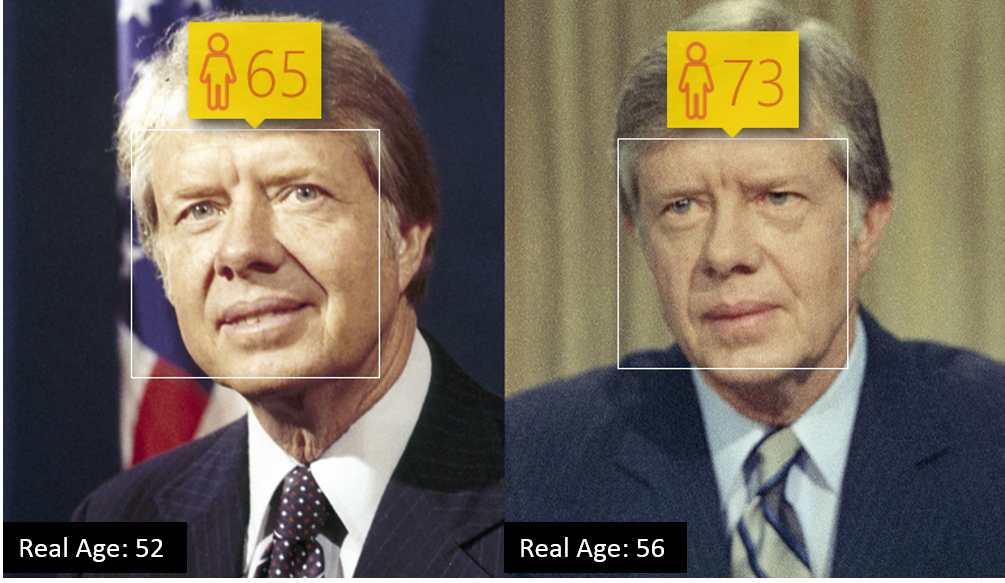
Not all Presidents age at the same rate. Gerald Ford aged an incredible 13 years, for each of the two years that he was in office.

Meanwhile Reagan actually managed to turn back time and looked younger by the end of his Presidency. This may explain his popularity with old, white, male voters.
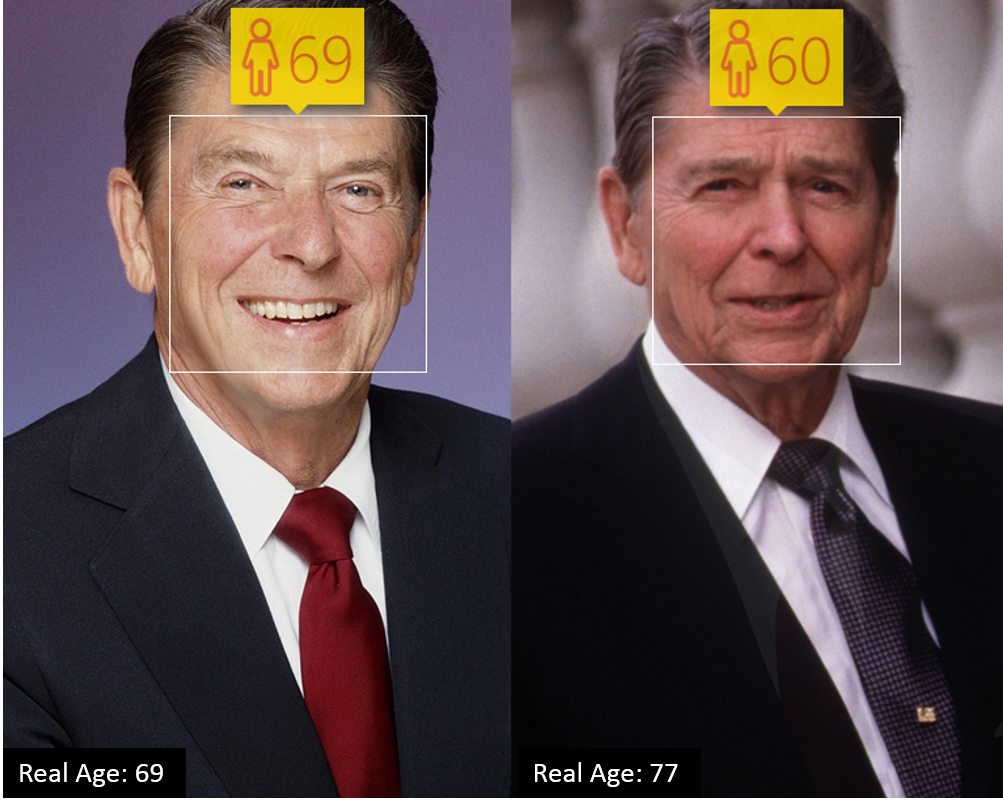
We not only looked at photographs, but also put Presidential portraits through the tool. On average, the artists creating Presidential portraits made their subjects appear two years younger than the age they were at their inauguration.
Unsurprisingly, Nixon was the most audacious of the group. As is befitting the only President to have resigned in history – over a question of integrity at that – Nixon’s Presidential portrait made him look 19 years younger than his age at inauguration.
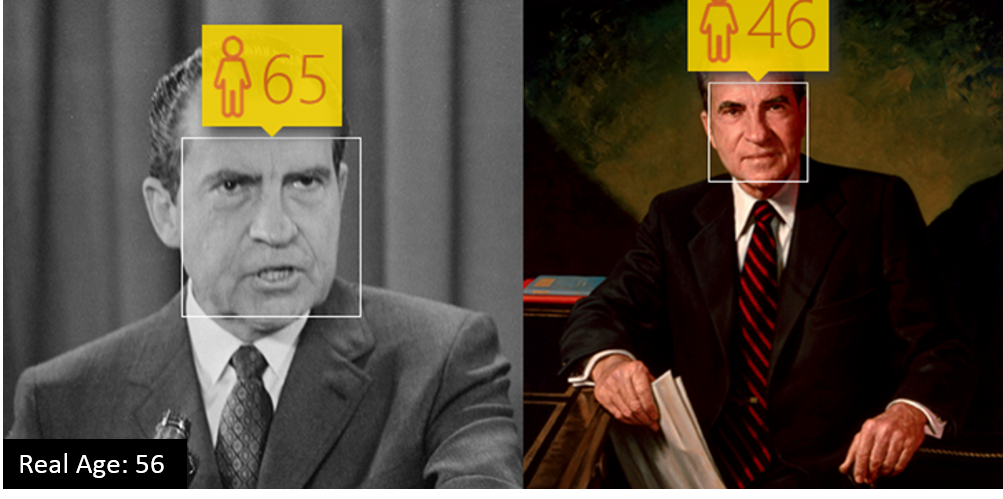











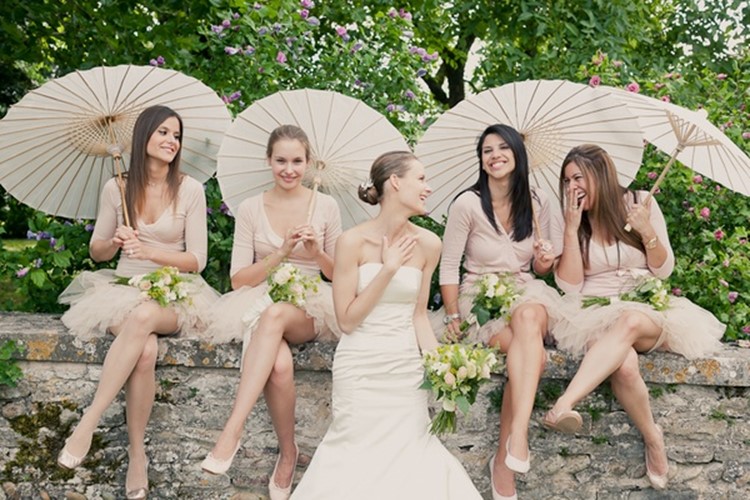
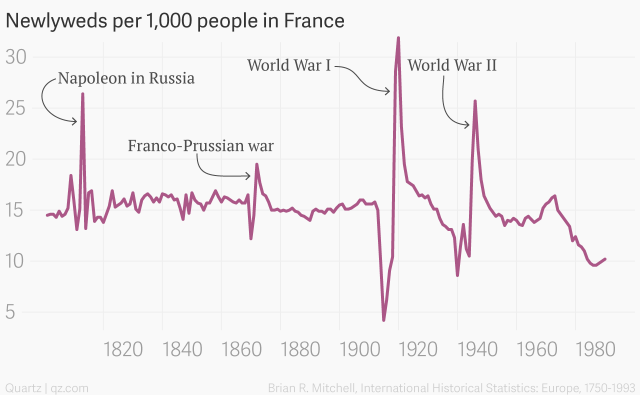

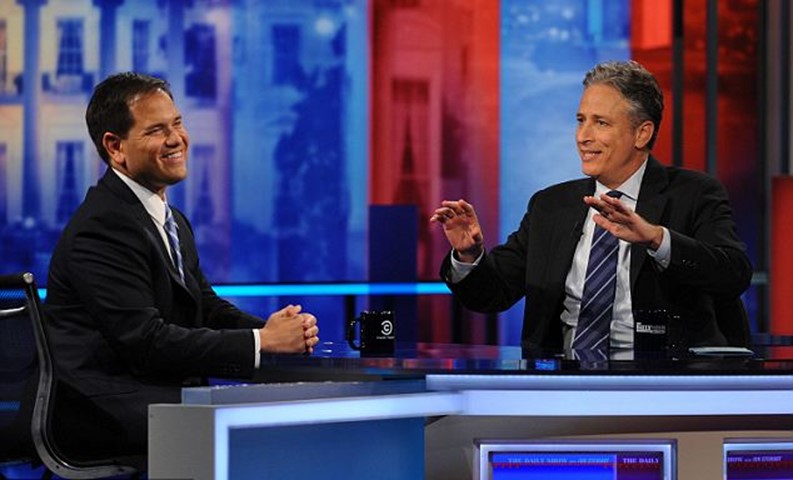
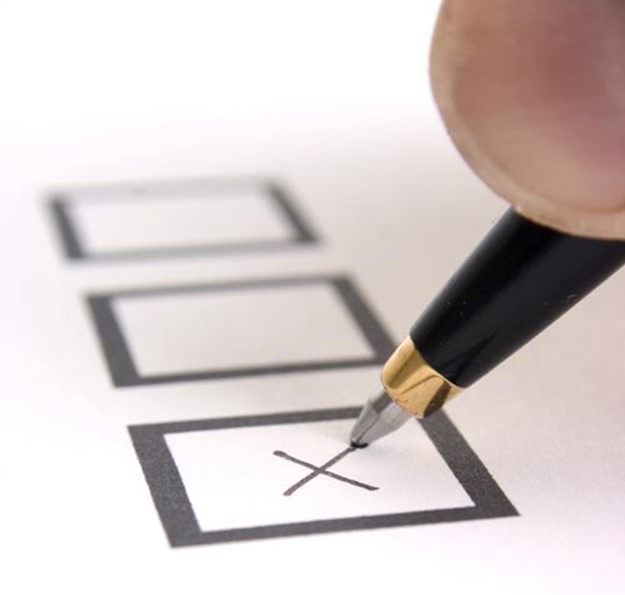
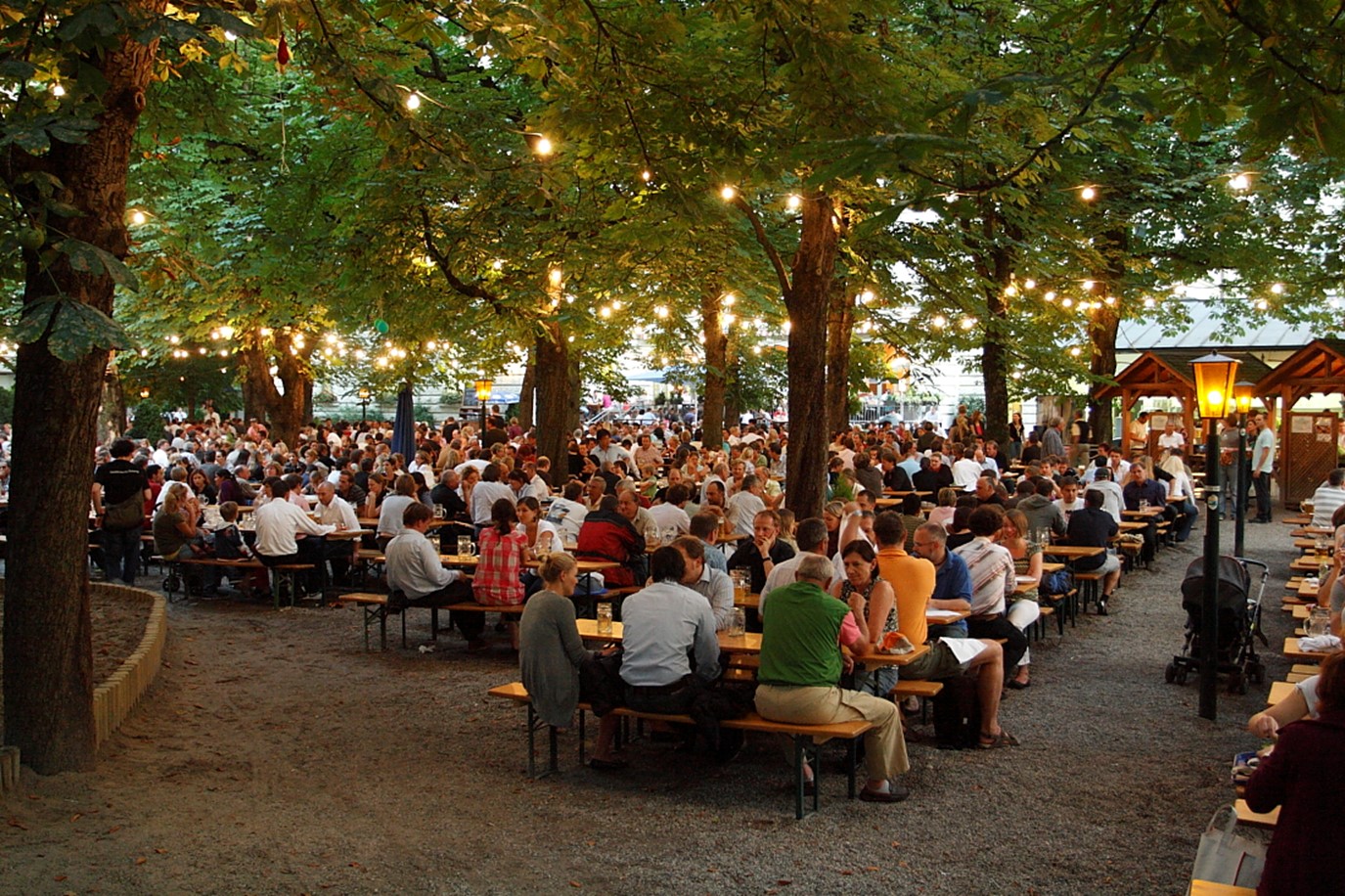

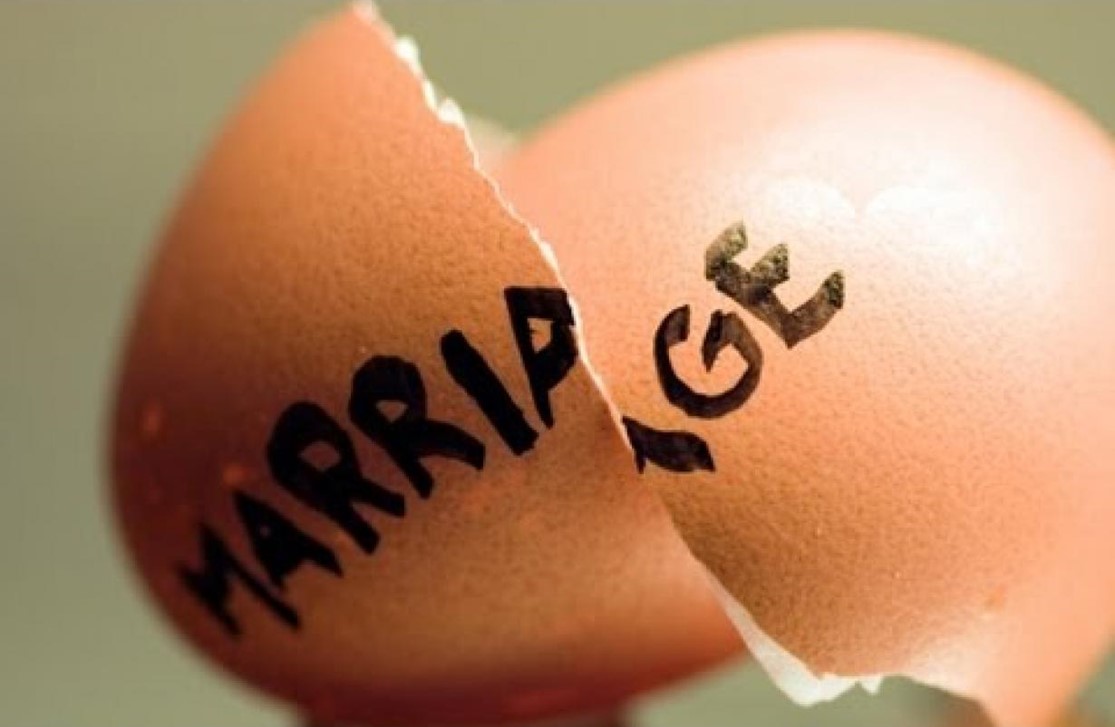

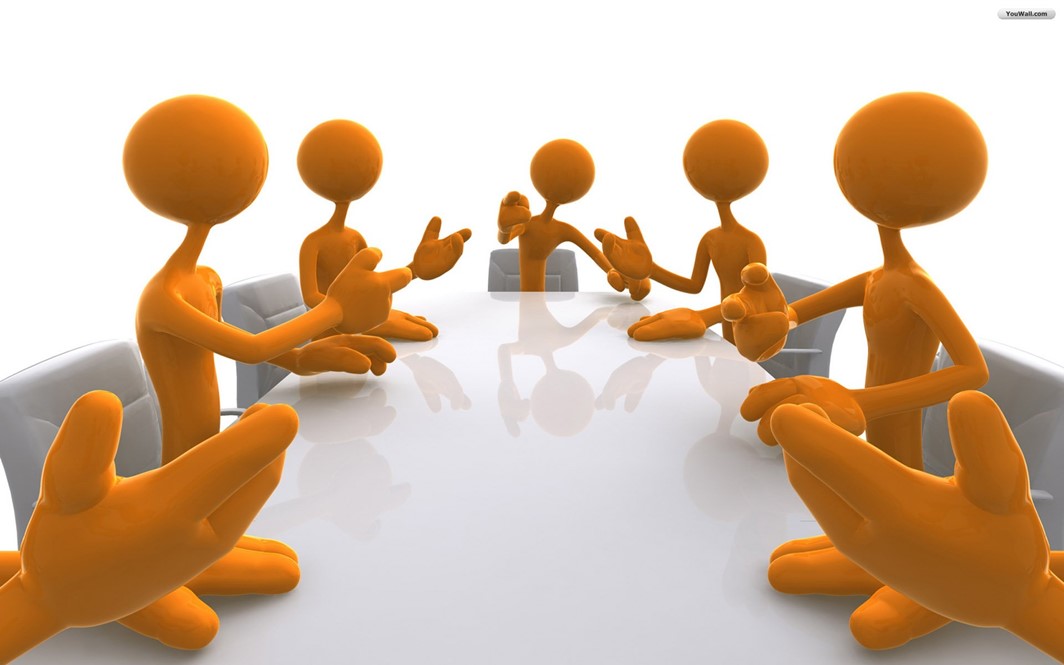
Join the Discussion! (No Signup Required)